Table of Contents
Toggle
Section 1031 of the internal revenue code says you can “swap out” an investment real estate property for another, if it is a kind exchange. You are able to postpone capital gains taxes by selling a property and putting the proceeds toward a like-kind property, as long as you find it within 45 days and the transaction completes within 180 days. This is known as a delayed exchange.
From the time you sell the first property (called the relinquished property) until you close on the new property (termed the replacement property), you have exactly 180 days. If you don’t receive any proceeds from the sale, there’s no income to tax. In other words, you technically gain no profit from the sale in the eyes of the IRS.
The 1031 exchange process, also called a reverse exchange, is one you must get absolutely correct in order to avoid paying capital gains taxes as well as stay within good standing with the IRS. A key factor in tax deferred exchanges is working with a Qualified Intermediary (QI).
Table of Contents
What Is the Role of a Qualified Intermediary in an 1031 Exchange?
How Does a QI Work?
Who Can Act as a Qualified Intermediary?
How to Choose a Qualified Intermediary
What Is the Role of a Qualified Intermediary in an 1031 Exchange?

There are eight steps in a 1031 exchange, which you can find listed out in detail on our website. Two of these steps require you to work with a Qualified Intermediary. Any proceeds you receive from the sale of a property are taxable. This is why the proceeds from the sale must be transferred to someone else, a Qualified Intermediary. The Qualified Intermediary transfers the funds from the sale to the seller of the replacement property or properties at the end of the deal.
How Does a QI Work?
Your goal here is to technically never have any gains from the real estate transaction, and that requires the services of a third person. A QI is formally defined as the individual who is not the taxpayer who enters into a written agreement (the “exchange agreement”) with the taxpayer. He or she is required by the exchange agreement, acquires the relinquished property from the taxpayer, transfers the relinquished property, acquires the replacement property, and transfers the replacement property to the taxpayer.
We recommend you read this Investopedia article on constructive receipt if you’re not familiar with the process.
Who Can Act as a Qualified Intermediary?

There are no licensing requirements for Qualified Intermediaries. They need merely be not an “disqualified person” as defined by the Internal Revenue Code in order to act as the QI.
That doesn’t mean you should use anyone for this service. After all, you’re putting a lot of trust in your QI. They will at one point in the transaction be holding all of the money in the escrow account! You want a serious professional, someone who works for one of the top exchange companies and knows exactly what he or she is doing- and has done so in the past with success.
How to Choose a Qualified Intermediary
Seeking a QI is the first step in processing a successful 1031 exchange, before even searching for potential replacement properties. TIP Commercial is here to help you with the entire process, including finding a QI. We recommend using 1031 Corp, which is listed in our About section of the website. Contact us now about the available New Jersey properties or to learn more about the services offered from TIP Commercial.
TIP Commercial has a growing real estate portfolio that ranges from multifamily housing to redevelopment projects. We’re confident that when you see our track record of success, you’ll know we’re the right team to help with your New Jersey real estate transactions.


